Series Archive
The Readers: Katy Waldman and the Uses of Wit

For the young, left-leaning reader, there are plenty of smart literary voices online to choose from, but I often find myself gravitating toward Katy Waldman, a staff writer at Slate whose literary criticism offers some of the freshest takes on books that you are likely to find anywhere.
The Limits and Freedoms of Literary Regionalism: Taking the Temperature of Zora Neale Hurston’s Central Florida
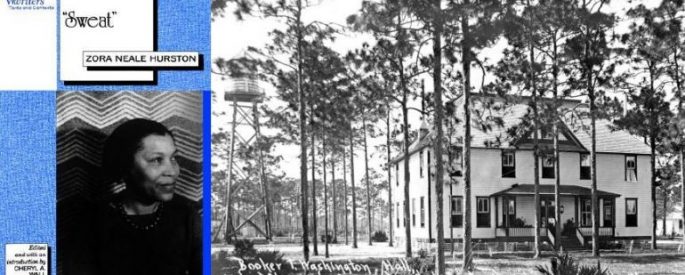
Central Florida, sticky with humidity and restless with sea breeze, inspires the temperature of Hurston’s fiction and, in turn, the temperament of her characters. In her 1926 short story “Sweat,” Hurston chronicles the marriage of Delia, a washerwoman, and her unemployed, abusive husband Sykes.
Stories Strangely Told: Lore Segal’s “At Whom the Dog Barks”

Lore Segal’s “At Whom the Dog Barks” is not so much concerned with cause and effect as it’s concerned with coincidence and pattern. Or perhaps coincidence is the name for cause and effect outside the realm of human perception.
The Black Aesthetic: Musical Revolution in Childish Gambino’s Awaken, My Love!

Lay back as you listen to Awaken, My Love! by Childish Gambino, and thoughts of social turmoil will disturb your rest. Amid his poetic verses are allusions to metaphorical monsters that call to mind police violence, marches, and riots.
Throwback Thursday: 1984 by George Orwell
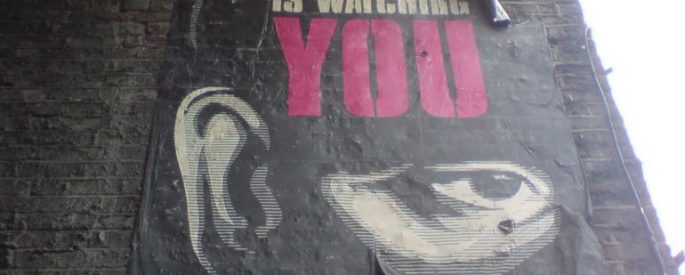
Just two days after President Donald Trump took office, Counselor to the President Kellyanne Conway took a seat across from Chuck Todd on Meet the Press. For many, Conway’s comments harkened back to the dystopian vision of society presented in George Orwell's 1984.
Fiction Responding to Fiction: Mary Robison and Amy Hempel
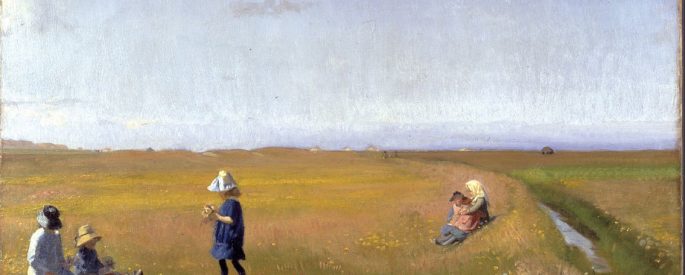
Examining Mary Robison’s “Widower” and Amy Hempel’s “Today Will Be a Quiet Day” will consider the ways in which Hempel responded to Robison’s story and how a story’s meaning shifts when a connection is known.
The Readers: Gabrielle Bellot and Writing Beyond the Binary

Bellot seems keenly interested in the power of stories, in the way that history is a story so frequently retold that it assumes the impunity of fact, and the way that time’s linearity—in social progress and our individual experiences—is sometimes as constructed as anything else.
The Limits and Freedoms of Literary Regionalism: John Steinbeck’s Salinas Valley
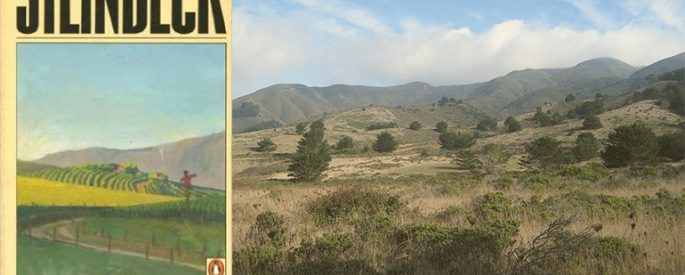
Known for his simplistically powerful writing style, Steinbeck is perhaps known even more widely for his commitment to his hometown of Salinas, California. With this in mind, Steinbeck’s first short story cycle, The Pastures of Heaven, is an ideal entry point, as it is an early example of his
Big Picture, Small Picture: Context for Sandra Cisneros’ The House on Mango Street
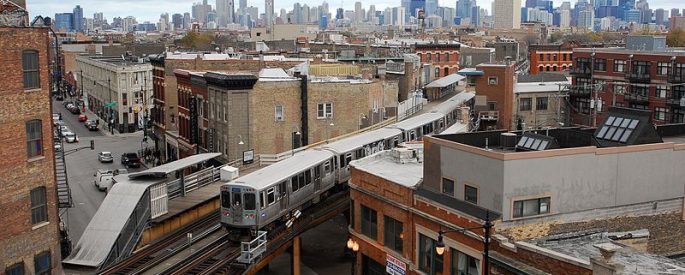
Chicago, 1980. A young woman taps at a typewriter in the small kitchen—the only room with heat—of a rented apartment on North Paulina Street, square in the center of the Bucktown neighborhood.
Stories Strangely Told: Zadie Smith’s “The Embassy of Cambodia”
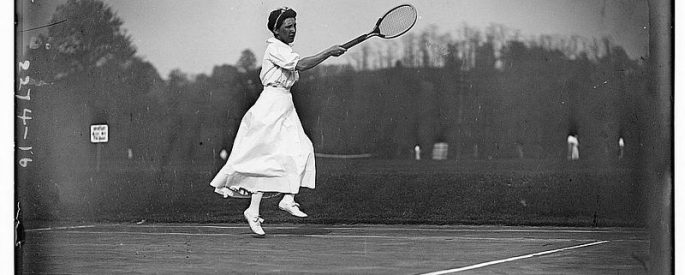
One of the ceaseless joys of narrative, however we try to contain it, is how it bursts through the walls of expectation. The drama's there too in language—its strict rules, its constant bend and flex toward newness.